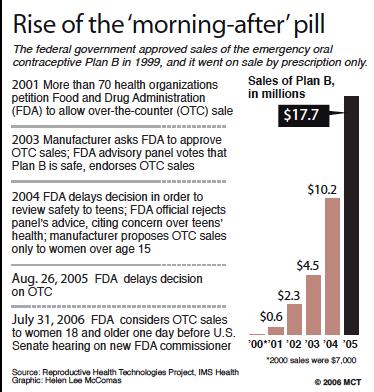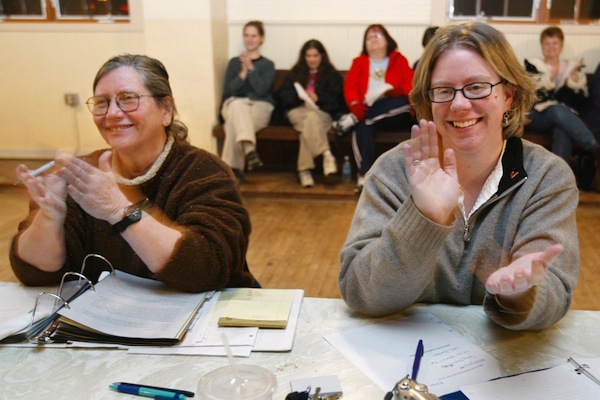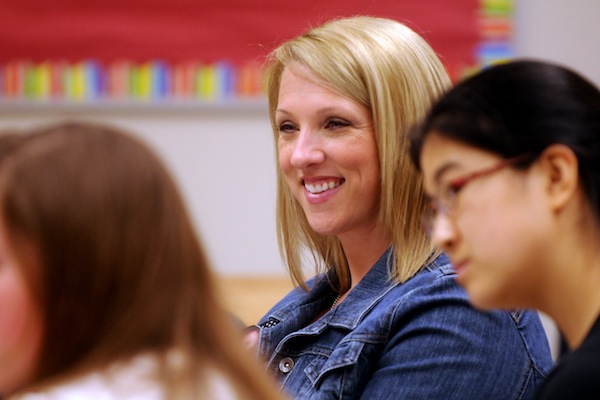This past December, Dept. of Health and Human Services secretary Kathleen Sebelius overruled the Food and Drug Administration’s proposal to allow women under 17 to purchase the emergency contraceptive Plan B One Step without a prescription. Sebelius’s decision marks the first time in history that the Dept. of Health and Human Services has rejected an FDA proposal.
Plan B One Step is a form of emergency contraception that can prevent pregnancy if taken within 72 hours after unprotected sex. It is currently available to women 17 and older without a prescription. According to research, Plan B One Step can reduce the risk of pregnancy by up to 89% if taken quickly enough after unprotected sex.
In disagreement with Sebelius’ decision, FDA commissioner Dr. Margaret Hamburg released a statement that Plan-B One Step is safe to sell to women of reproductive age without a prescription.
“I agree with the Center that there is adequate and reasonable, well-supported, and science-based evidence that Plan B One-Step is safe and effective and should be approved for nonprescription use for all females of child-bearing potential,” Hamburg said.
In a press release defending her rejection of the FDA’s proposal, Secretary Sebelius expressed her concerns about allowing those under 17 to purchase the contraceptive without a prescription. In addition to “insufficient data,” she cites “the significant cognitive and behavioral differences between older adolescent girls and the youngest girls of reproductive age” as her main reason for overruling the FDA’s proposal.
Due to the strong emotional ties associated with sexual issues, Sebelius now faces waves of both intense support and opposition. A week after Sebelius overruled the proposal, 14 senators wrote a letter to Congress to “express their disappointment” with the Dec. 7 ruling and asked for Sebelius’s to explain her rationale behind her decision. Those baffled by the secretary’s choice have called for its immediate reversal. Many are concerned that requiring a prescription would inhibit the effectiveness of the pill. If the pill is taken after 72 after unprotected sex, it is ineffective.
“I understand where the Secretary of Health’s decision is coming from on the basis that, maybe, kids could misuse this product or use it as an excuse to have unprotected sex,” junior Kathryn Weiss said, “However, in case of emergency purposes, what the drug is meant for, I think it needs to be easily available for all persons.”
According to Reuters Dec. 19, after Sebelius announced her decision, the Center for Reproductive Rights reopened a New York lawsuit that could overturn Sebelius’s decision. The original case charged that the FDA’s decision to retain prescription restrictions for women under 17 was “not supported by medical or scientific evidence.” The lawsuit is now being aimed at Sebelius and the plaintiffs have asked to add Sebelius as a defendant. Although federal judge Edward Korman allowed the Center for Reproductive Rights to reopen the case, it is unknown whether Korman will permit Sebelius to be added as a defendant. The judge stated that the prosecution should assess whether Secretary’s decision was based upon political factors or “the adequacy of the studies.”
Opposition to Sebelius’ choice remains strong. Despite concerns about teenagers having unprotected, pre-marital sex, critics believe that the consequences of unintended pregnancy are far more serious.
“I don’t think it’s a terrible thing make a young girl see a doctor, but no 13 year-old should be in charge of a kid,” freshman Seth Cohen said. “Unless the parents of the possibly pregnant girl are planning on taking care of their daughter’s daughter, then I feel the girls should be able to get Plan B as easily as possible.” #







